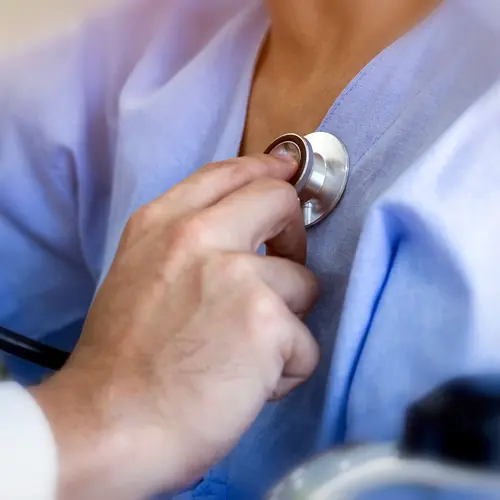Open heart surgery is a way to treat heart disease. To do it, your doctor opens your chest wall, cuts through your sternum, and spreads your ribs to get access to the heart. Open heart surgery is reliable and the benefits are greater than the risks for many people. But your doctor will only recommend the surgery if they believe you can handle it. Read on to learn more about open heart surgery.
What Are the Types of Open Heart Surgery?
People with the following heart conditions may need open heart surgery:
- Arrhythmias
- Hereditary heart defects
- Coronary artery disease
- Heart failure
- Heart valve disease
- Thoracic aortic aneurysm
The following are the most common types of open heart surgeries:
- Coronary artery bypass grafting (CABG). This is the most common type of heart surgery. Your surgeon will use a functioning vein or artery from another part of your body and connect it away from the blocked artery. Thus, the new artery creates a functional path for blood to flow into the heart muscle. CABG can also be called a heart bypass or coronary bypass surgery.
- Heart valve repair or replacement. To repair or replace diseased heart valves, your surgeon might replace your natural valve. This can be done using an artificial valve or a valve made from a pig, a human, or a cow. One way to do this is to insert a catheter into a blood vessel then inflate and deflate a balloon to widen the valve.
- Inserting a pacemaker or implantable cardioverter-defibrillator (ICD). If you have arrhythmia when your heart beats either too quickly or too slowly, this may be a good option for you. The surgeon will implant a pacemaker in your skin or chest and then attach wires to connect it to your heart. The pacemaker can monitor your heart and detect when it's beating abnormally. Then it will help regulate your heart. ICDs are the same, except they send out an electric shock to control your heart.
- Maze surgery. For this procedure, your surgeon makes scar tissue in your upper heart chamber. The scars then make a path for electricity to follow in your heart. This helps to cure atrial fibrillation, the most common cause of irregular heartbeats.
- Heart transplant. If your heart is diseased, it can be removed and then replaced with a healthy one from someone else.
- Ventricular assist device (VAD)). A VAD is a pump that helps your heart pump and your blood flow.
What Happens to Your Body During Open Heart Surgery?
Open heart surgery may be performed with your heart beating or not. If your heart isn't beating during the surgery, which is more common, it is called on-pump surgery. A heart-lung machine will do the job of your heart and lungs by circulating your blood away from your heart.
If your heart is beating by itself during the surgery, this is called off-pump surgery. This is far less common than on-pump surgery and only works for coronary artery bypass grafting surgery. It can also be called beating-heart surgery.
Most surgeries on open hearts follow specific steps. These steps may vary depending on your unique procedure and situation. Generally, your surgeon could take these different stages:
- Cutting a long incision down your chest
- Cutting into the breastbone and spreading your ribcage apart
- If you have an on-pump surgery, putting you on a heart-lung machine and giving medication to stop your heart from beating
- Performing the procedure to heal your heart
- Bringing back blood flow to your heart
- Severing the connection between you and the heart-lung machine
- Closing up the incision on the breastbone
- Sewing the skin incision back together
How Long Does It Really Take To Recover From Open Heart Surgery?
Everyone’s case is different. But you usually only need to stay a day or two in the intensive care unit. During this time, you might not be able to eat or drink. You may also need to wear a face mask or nasal prongs to help you breathe. Typically, hospital stays are 5-7 days.
At home, your recovery will vary based on your condition and what procedure you had. You will also need ongoing care in the form of checkups and tests on your heart to monitor your healing.
What Should I Expect Coming Home From Open Heart Surgery?
Every person and every procedure has a different healing process. After surgery, your doctor will teach you how to care for your incisions, what to watch out for, and how to understand the difference between abnormalities and post-surgery symptoms.
Typical symptoms you may have after your surgery are:
- Muscle pain
- Swelling in the chest
- Loss of appetite
- Insomnia
- Constipation
- Mood swings
- Depression
- Memory loss
- Bruising
While recovery times vary, you should expect it will take 6 to 12 weeks to recover. You should not lift anything or drive for the first six weeks without checking with your doctor.

